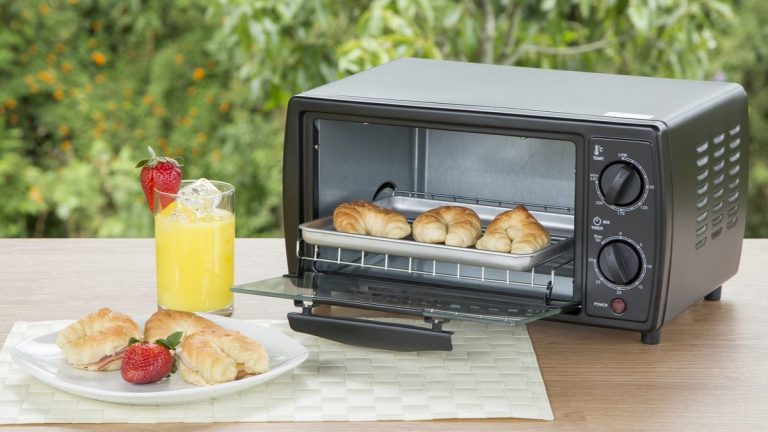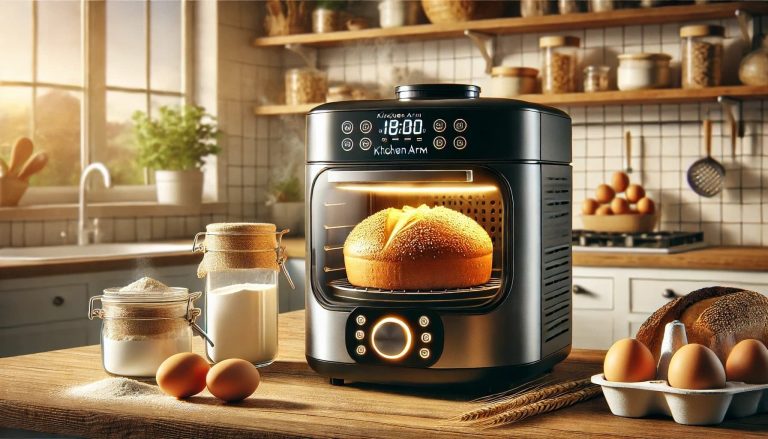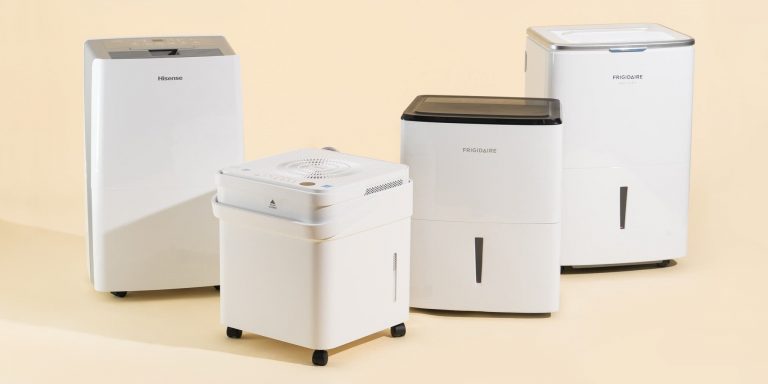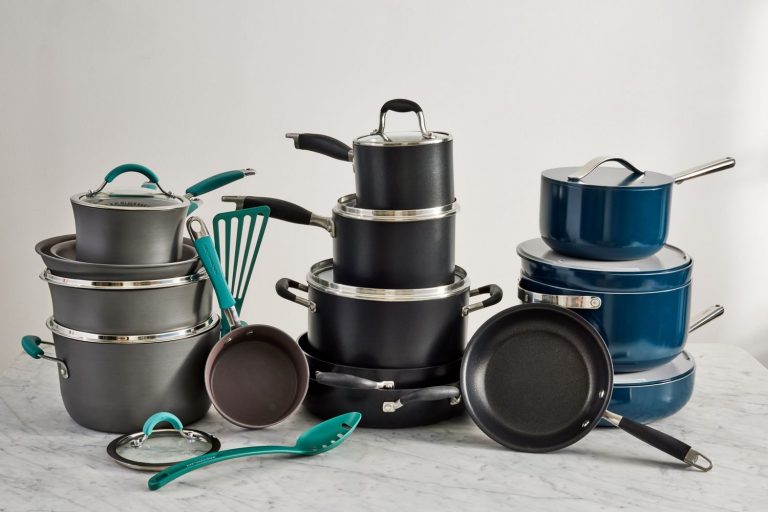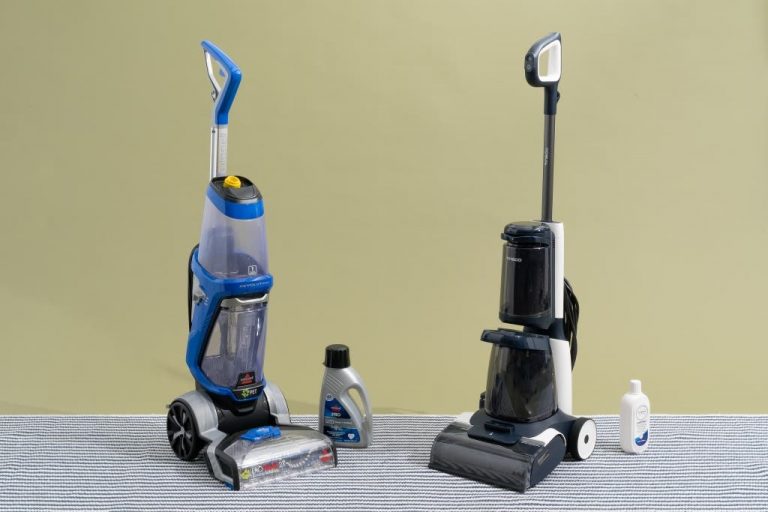10 Best Water Purifier For Home
Our experts will assist you in selecting the best product for your needs. Find the perfect Water Purifier with the help of our unbiased professional evaluations and data-driven buying suggestions. At Buyers Expert, we’re here to help you choose the best Water Purifier that suit your preferences and budget.

| Image | Product | Rating | Price |
|
Our Pick
1
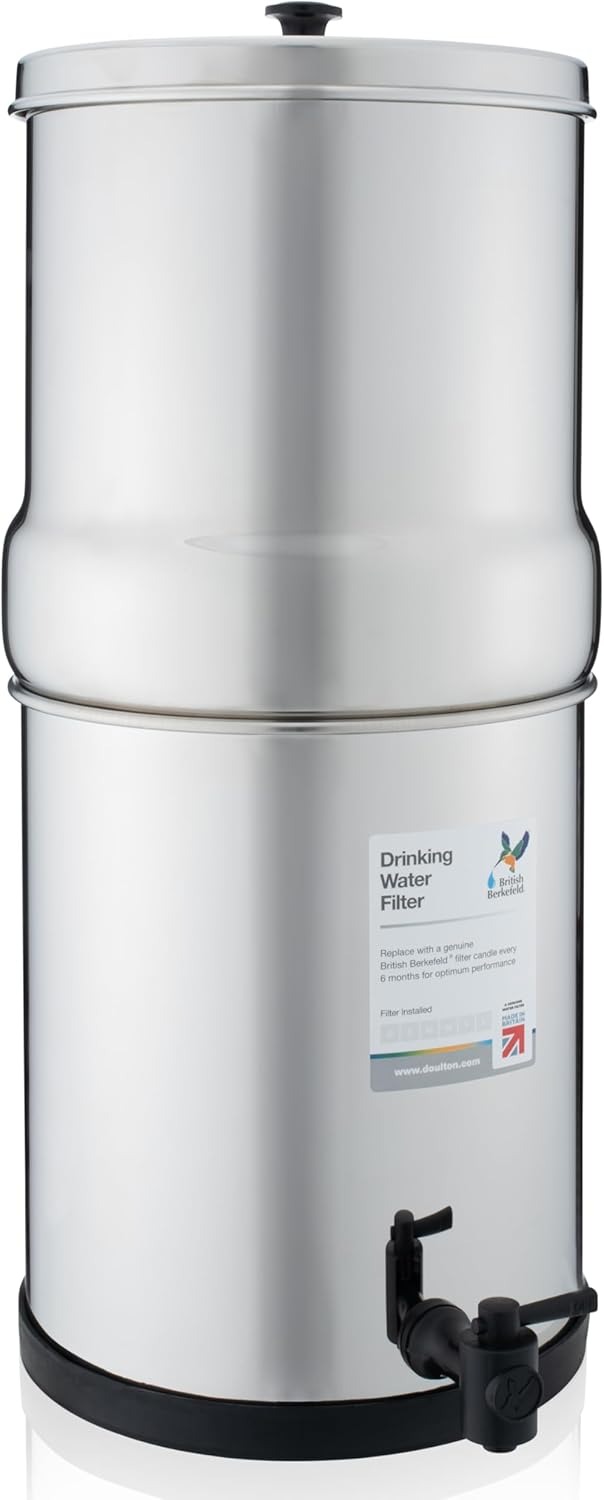
|
British Berkefeld 8.5L Stainless Steel Gravity Water Filter System |
9.9
|
|
|
2
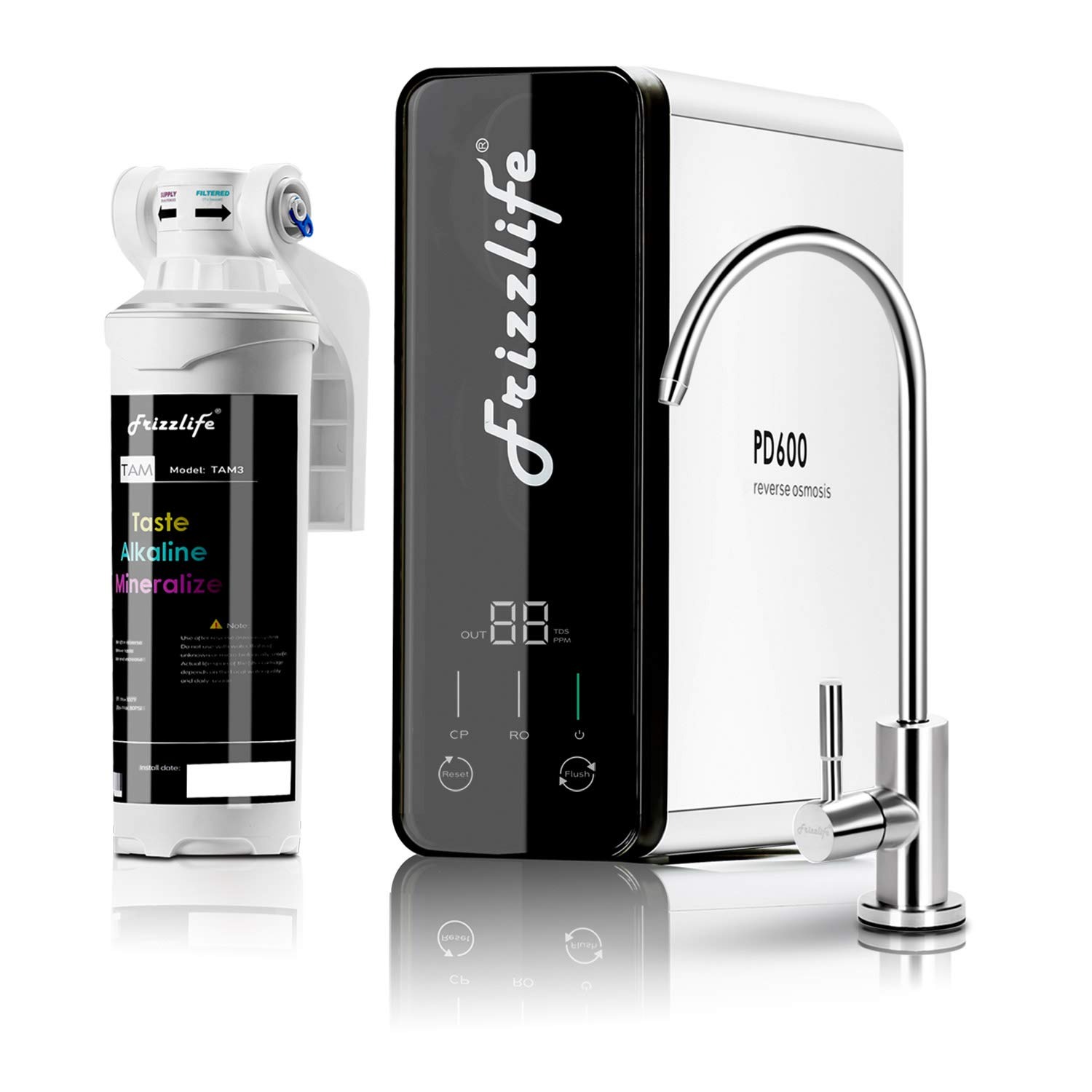
|
Frizzlife RO Reverse Osmosis Water Filtration System – 600 GPD High Flow |
9.8
|
|
|
3
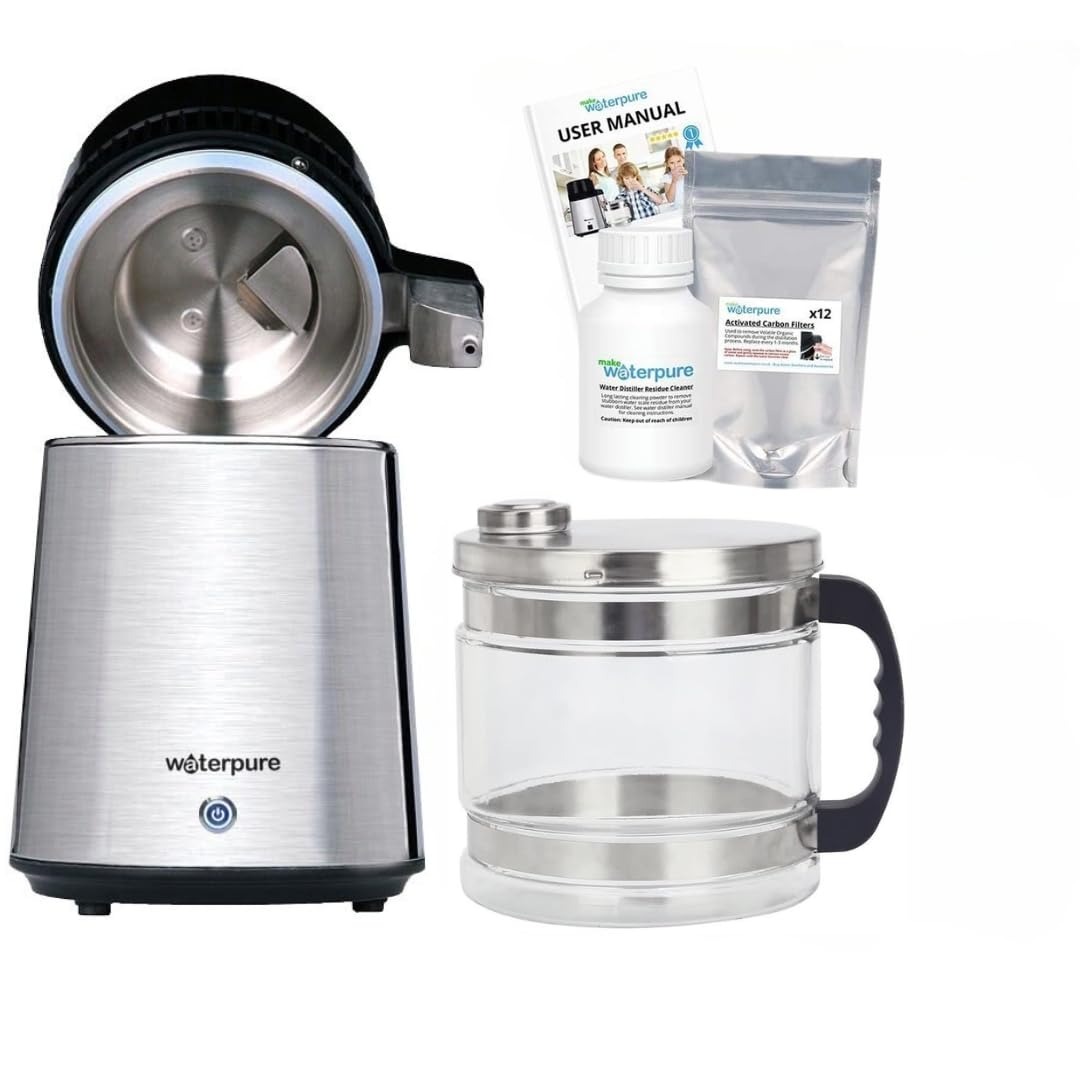
|
Water Distiller, 100% Stainless Steel, New Superior 2024 Model, The Best Water Purifier Machine |
9.7
|
|
|
4
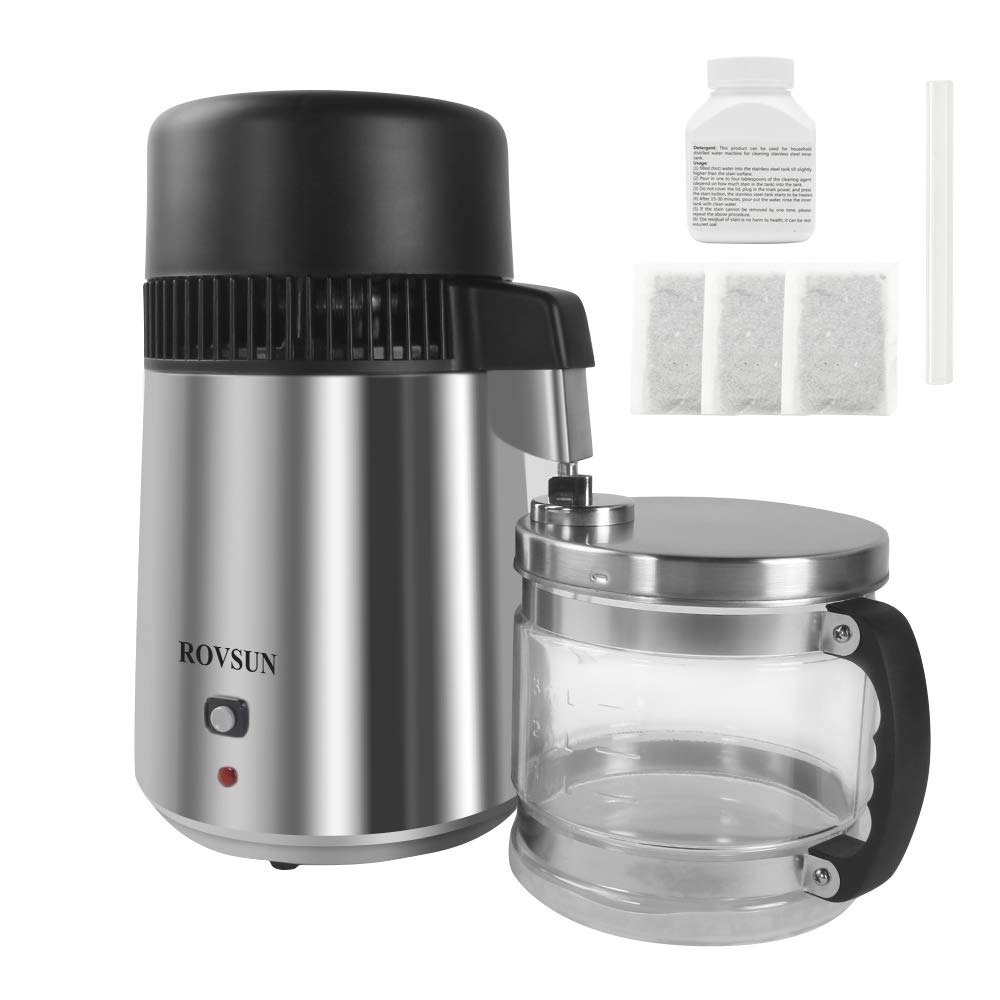
|
Bonnlo【Upgraded】4L Countertop Water Distiller Machine |
9.5
|
|
|
5
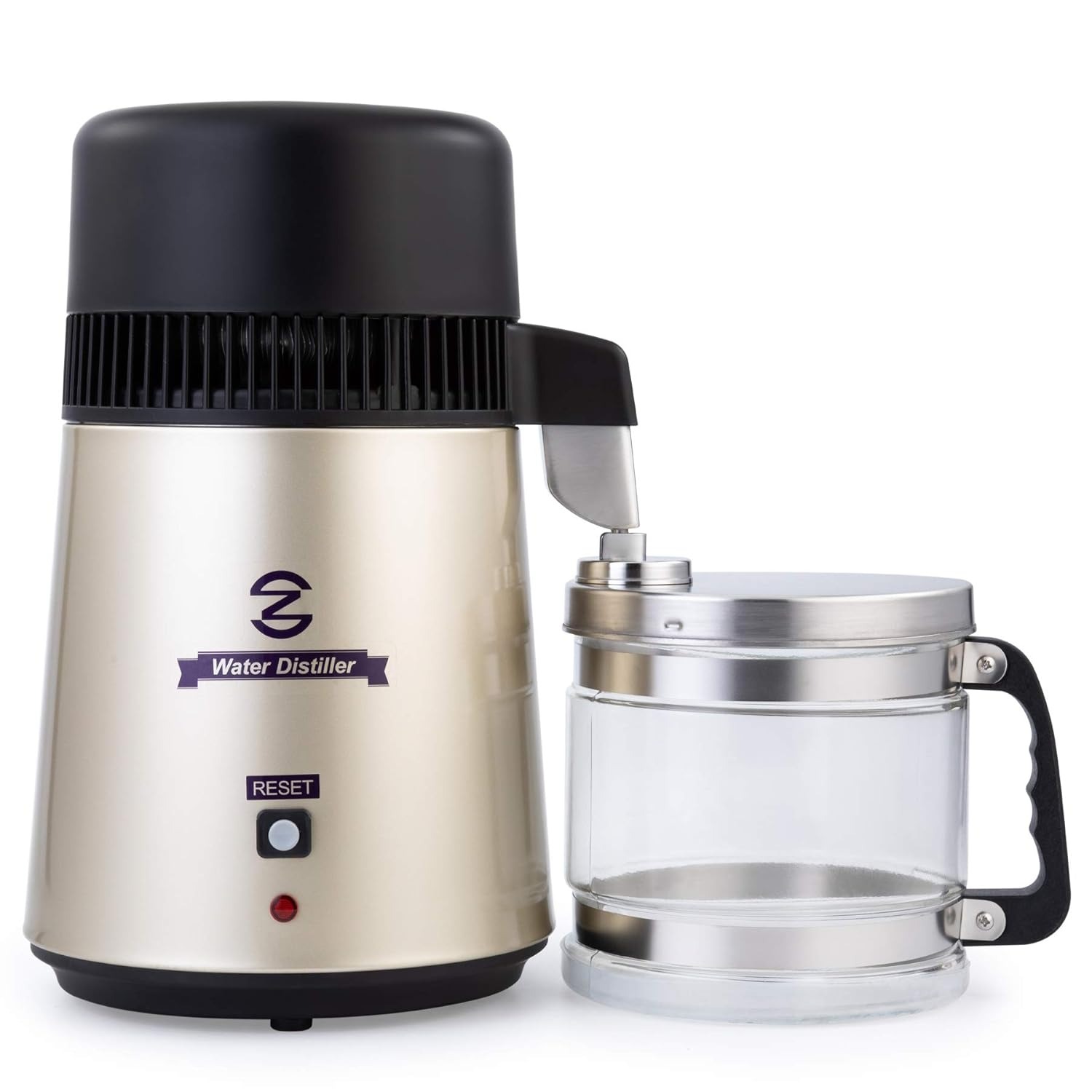
|
CO-Z Water Distiller, 100% Stainless Steel Distilled Water Machine for Home Countertop Table Desktop |
9.4
|
|
|
6
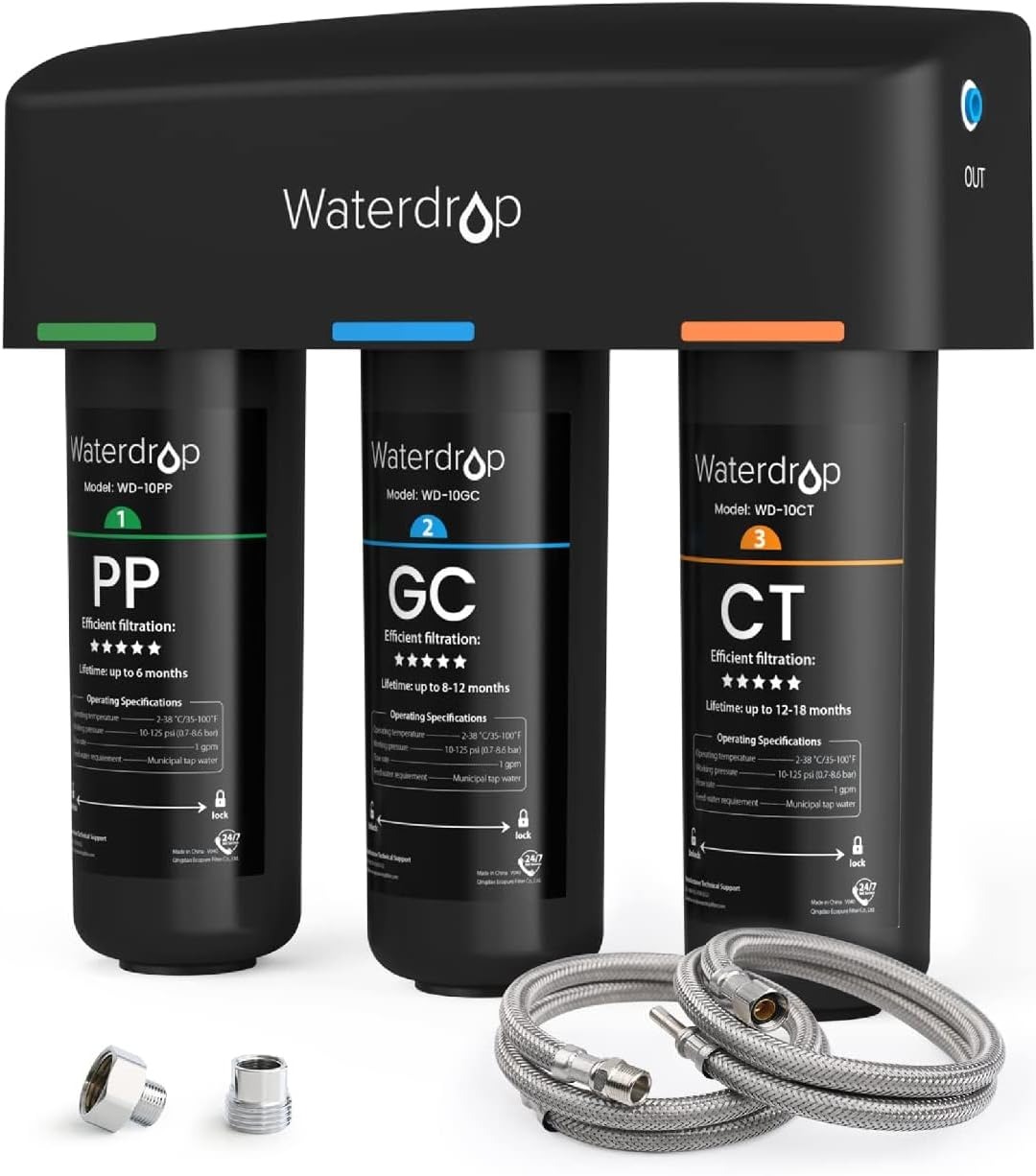
|
Waterdrop TSA Under Sink Water Filter System, 3-Stage High Capacity Water Filtration System |
9.2
|
|
|
7
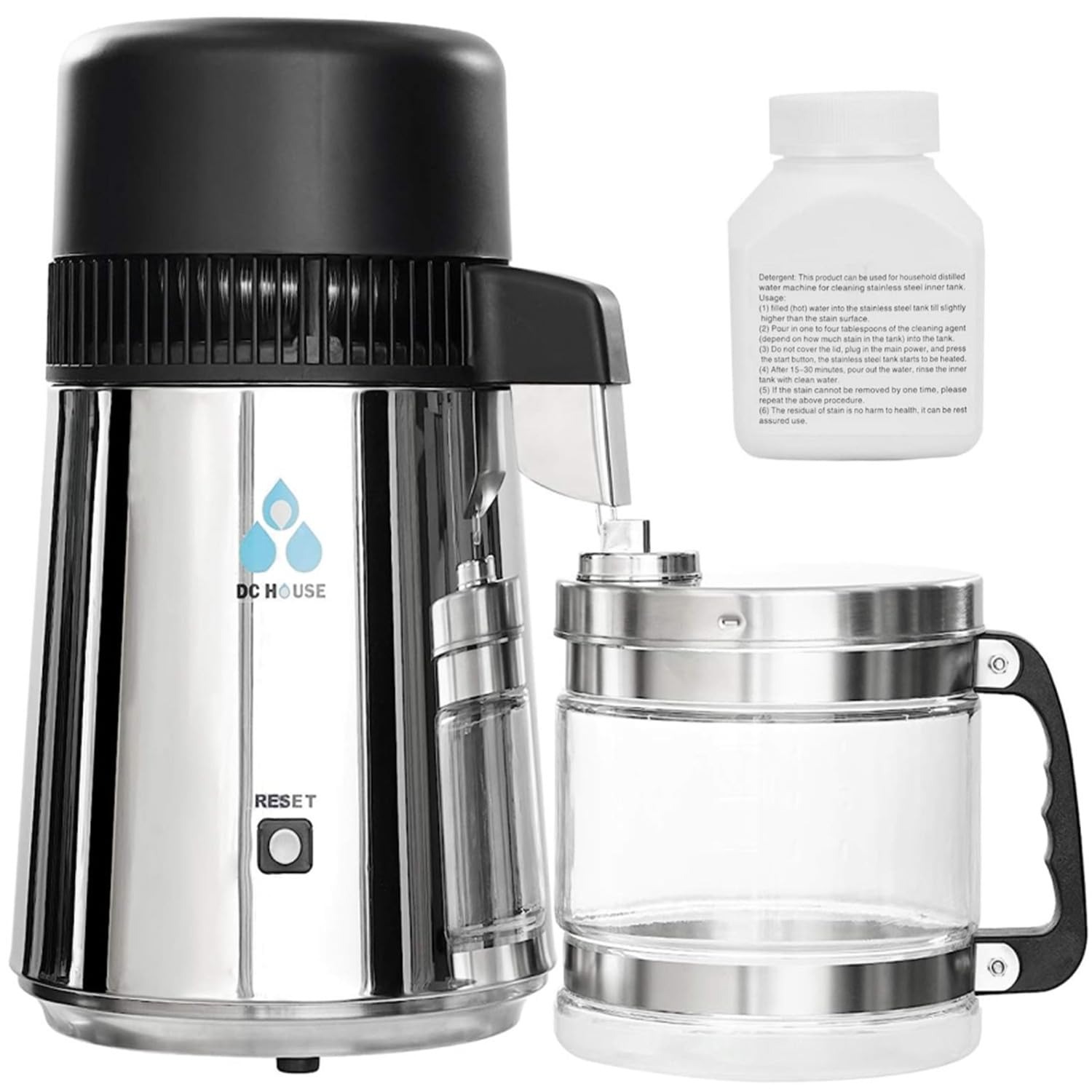
|
DCHOUSE Water Distiller, 304 Stainless Steel Home Countertop Distiller Water Machine |
9.1
|
|
|
8
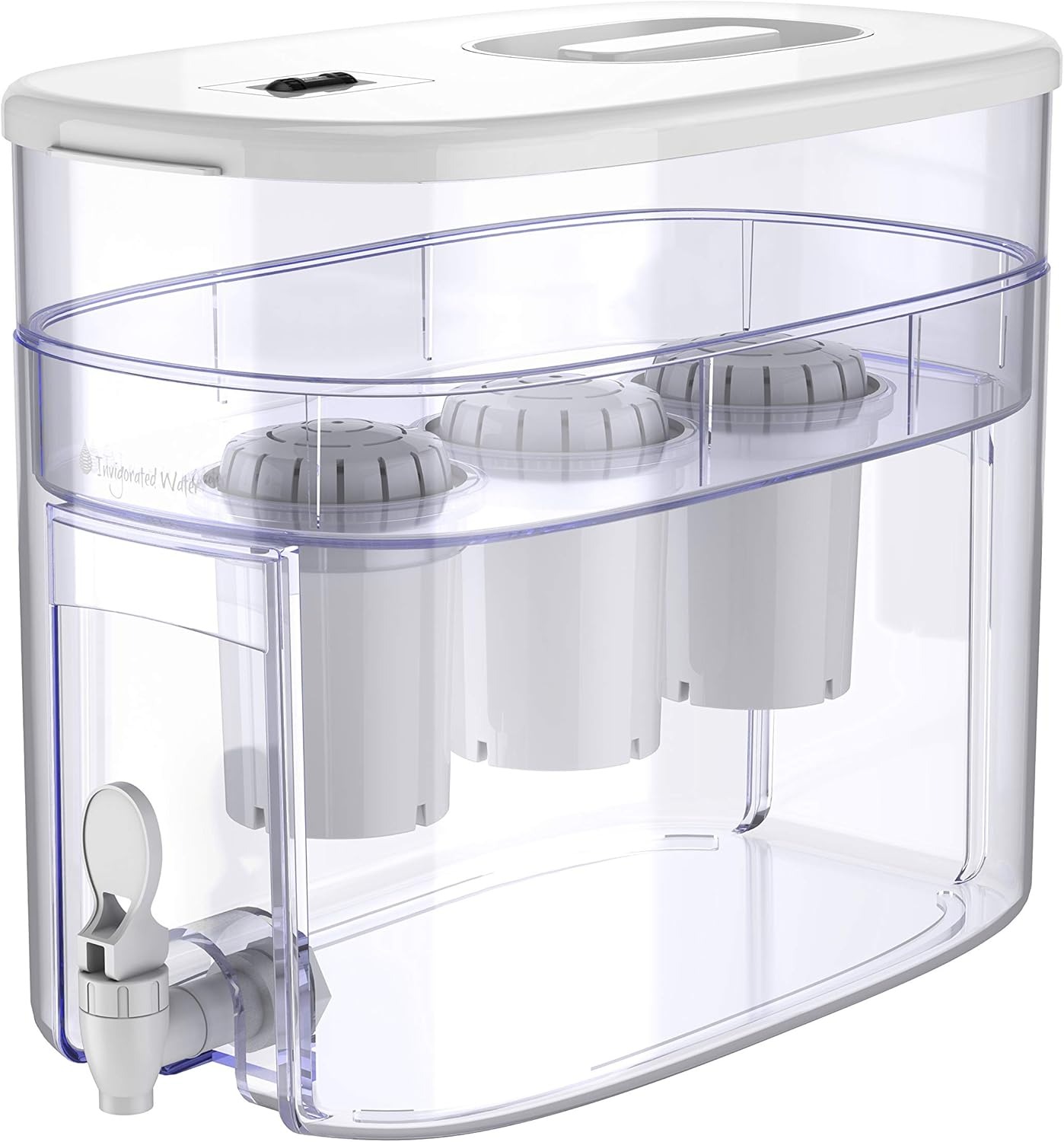
|
pH Recharge 3F Alkaline Countertop Water Filter Dispenser |
8.9
|
|
|
9
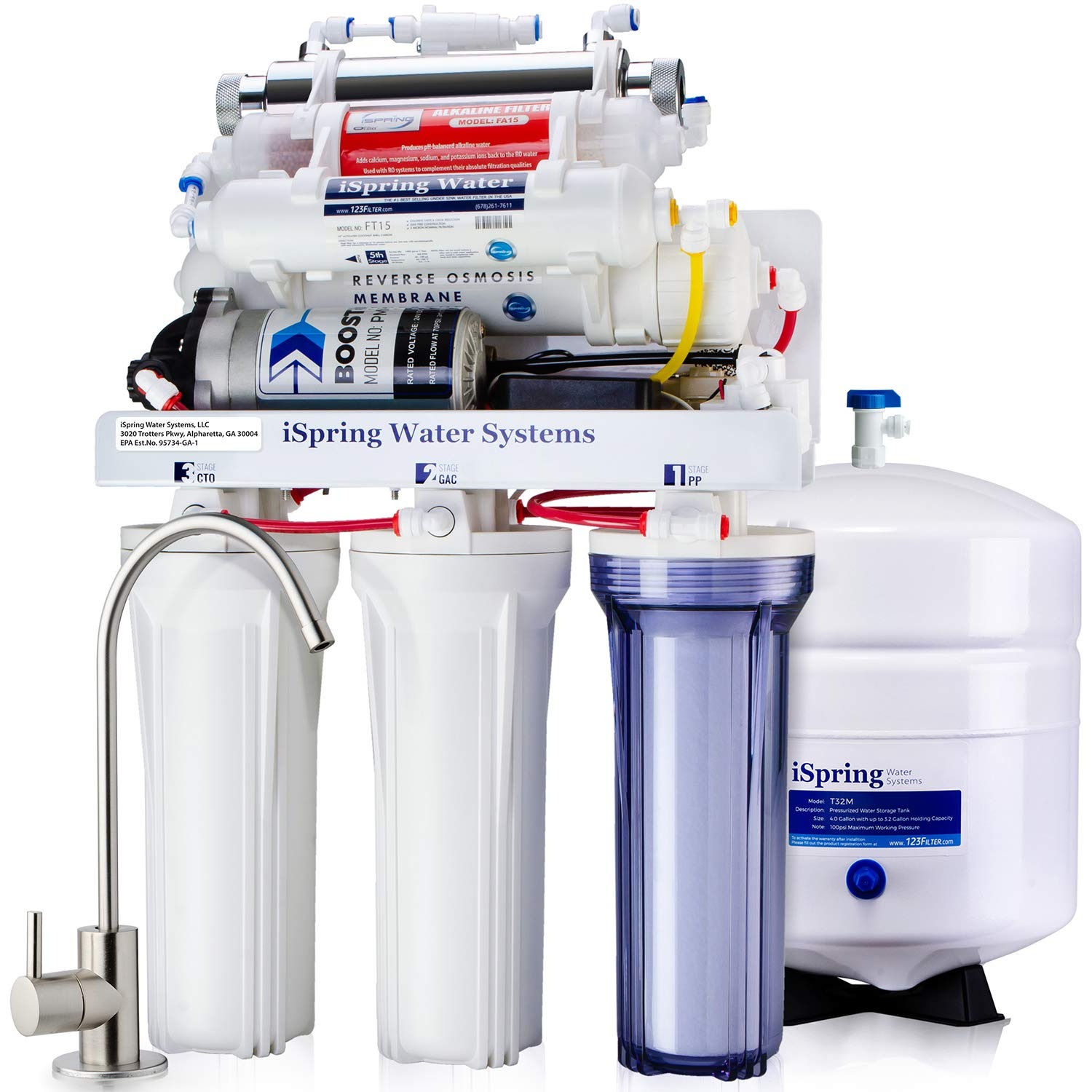
|
iSpring RCC1UP-AK 100GPD Under Sink 7-Stage Reverse Osmosis RO Drinking Filtration System |
8.8
|
|
|
10
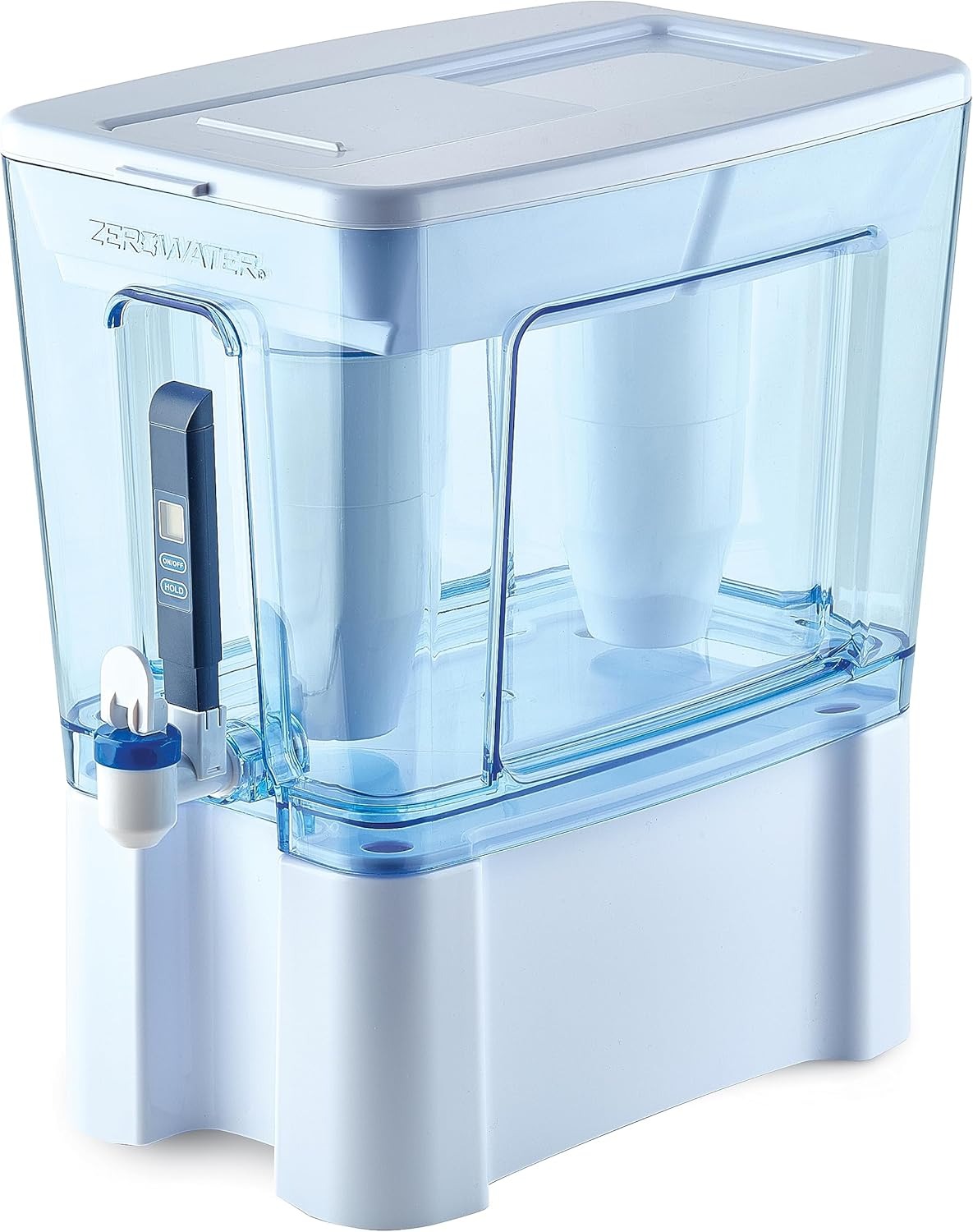
|
ZeroWater 12.3 Litres- Ready-Read 5-Stage Water Filter Dispenser |
8.5
|
What is a Water Purifier?
A water purifier is a device or system designed to remove impurities and contaminants from water. These contaminants can include dirt, bacteria, viruses, heavy metals, chlorine, pesticides, and dissolved salts. Water purifiers use various methods such as filtration, reverse osmosis, distillation, and UV light to improve the quality of water and make it safe to drink.
While tap water in many areas is treated to meet health and safety standards, it may still contain trace amounts of pollutants or unpleasant tastes and odors. Water purifiers address these concerns by further cleaning and purifying the water before it reaches your glass.
Types of Water Purifiers
There are several types of water purifiers, each using different purification methods. The most common types include:
- Activated Carbon Filters
- How They Work: Activated carbon filters use a porous carbon material to trap contaminants through adsorption (where pollutants are attracted and held to the surface). They are effective at removing chlorine, volatile organic compounds (VOCs), pesticides, and some heavy metals.
- Best For: Improving taste and odor, and removing chlorine or chemicals found in municipal water supplies. These filters do not remove bacteria or viruses.
- Common Uses: Home water filters, pitchers, faucet-mounted filters, and countertop filters.
- Reverse Osmosis (RO) Systems
- How They Work: Reverse osmosis is a filtration process that forces water through a semipermeable membrane, which allows only water molecules to pass through, trapping contaminants like heavy metals, salts, and microorganisms. RO systems typically use multiple filtration stages, including pre-filters and activated carbon filters, for enhanced purification.
- Best For: Removing a wide range of contaminants, including dissolved salts, heavy metals, bacteria, and viruses.
- Common Uses: Under-sink systems, whole-house systems, and countertop models.
- Ultraviolet (UV) Purifiers
- How They Work: UV purifiers use ultraviolet light to kill or inactivate harmful microorganisms like bacteria, viruses, and protozoa. The UV light disrupts the DNA of these pathogens, rendering them unable to reproduce and cause illness.
- Best For: Disinfecting water by killing microorganisms. UV purifiers are effective against bacteria, viruses, and other pathogens but do not remove other contaminants like heavy metals or chemicals.
- Common Uses: Whole-house systems, under-sink models, and portable units for camping or traveling.
- Distillation Systems
- How They Work: Distillation involves boiling water to produce steam and then cooling the steam back into liquid form. As the water boils, impurities like salts, heavy metals, and most microorganisms are left behind. The distilled water is then collected and stored.
- Best For: Removing a broad range of contaminants, including heavy metals, salts, bacteria, viruses, and other dissolved solids.
- Common Uses: Countertop distillers, under-sink systems.
- Ion Exchange Filters
- How They Work: Ion exchange filters remove minerals like calcium and magnesium, which cause water hardness. The process involves exchanging these minerals with sodium or potassium ions. Some ion exchange systems also help remove heavy metals, like lead and copper.
- Best For: Softening hard water and removing specific metals like lead and copper.
- Common Uses: Water softeners, under-sink filters, and whole-house systems.
- Ceramic Filters
- How They Work: Ceramic filters use a porous ceramic material to filter out bacteria, sediments, and other large particles. Some ceramic filters are combined with activated carbon to enhance their ability to remove chemicals and improve taste.
- Best For: Removing bacteria, sediments, and larger particles. These filters do not remove chemicals or viruses unless combined with other filtration methods.
- Common Uses: Countertop units, portable filters, and pitcher filters.
Benefits of Using a Water Purifier
- Improved Taste and Odor: One of the most immediate benefits of using a water purifier is the improved taste and smell of your drinking water. Chlorine, which is commonly used in municipal water treatment, can leave an unpleasant taste and odor. Activated carbon filters effectively remove chlorine and other chemicals that contribute to bad taste and odor.
- Healthier Drinking Water: A good water purifier can remove harmful contaminants like bacteria, viruses, heavy metals, and pesticides, all of which can pose serious health risks. By reducing these harmful substances, water purifiers help ensure that the water you drink is safer and healthier.
- Convenience: Having a water purifier in your home provides the convenience of clean, safe drinking water right from the tap, without needing to buy bottled water. This can save money and reduce plastic waste over time.
- Cost-Effective: Although purchasing a water purifier involves an initial cost, it can save money in the long run by reducing the need for bottled water. In many cases, water purifiers are also more effective at removing contaminants than bottled water.
- Environmental Benefits: Using a water purifier reduces the need for bottled water, which can contribute to plastic waste. Water purifiers are an environmentally friendly alternative to purchasing single-use plastic bottles.
- Protects Plumbing and Appliances: Some water purifiers, such as reverse osmosis and ion exchange systems, can help protect plumbing and appliances by reducing the build-up of minerals like calcium and magnesium, which cause hard water deposits. This can help extend the life of your pipes, faucets, and appliances.
How to Choose the Right Water Purifier?
When choosing a water purifier, consider the following factors to ensure you select the right one for your needs:
- Contaminants in Your Water: The first step is to understand what contaminants are present in your water supply. You can request a water quality report from your local water utility or use a water testing kit to identify pollutants such as heavy metals, bacteria, chlorine, or pesticides. This will help determine the best purification method.
- Water Volume: Consider how much water you need to purify on a daily basis. If you need to purify large quantities of water for a family or a business, a whole-house system or a larger filtration unit may be necessary. For smaller households, a countertop or under-sink model may suffice.
- Maintenance Requirements: Different water purifiers require varying levels of maintenance. Reverse osmosis and UV systems typically require more maintenance, such as replacing filters or cleaning the UV lamp. Be sure to choose a model that fits your ability to maintain it.
- Cost: Water purifiers range in price, with more advanced systems like reverse osmosis or distillation being more expensive upfront. However, these systems tend to be more thorough in purifying water. Consider your budget and how much you are willing to invest in water purification.
- Certification: Look for water purifiers that are certified by reputable organizations like NSF International or the Water Quality Association (WQA). These certifications indicate that the purifier meets specific performance standards for removing contaminants.
- Size and Space: Consider the size of the water purifier and the space available in your kitchen or home. Some systems are bulky and require significant installation space, while others are compact and portable.
Conclusion
A water purifier is an essential appliance for ensuring that the water you consume is safe, clean, and free from harmful contaminants. Whether you’re dealing with bacteria, heavy metals, or unpleasant tastes, there is a water purifier suited to your needs. By understanding the different types of purifiers and their benefits, you can choose the right system for your home and enjoy healthier, better-tasting water every day. With the added benefits of convenience, cost savings, and environmental impact, investing in a water purifier is a smart choice for anyone looking to improve their water quality.
Advertising Disclosure: The buyersexpert.co.uk's users back the website. An affiliate commission may be paid to us if you purchase any of the items that are promoted on our website.

